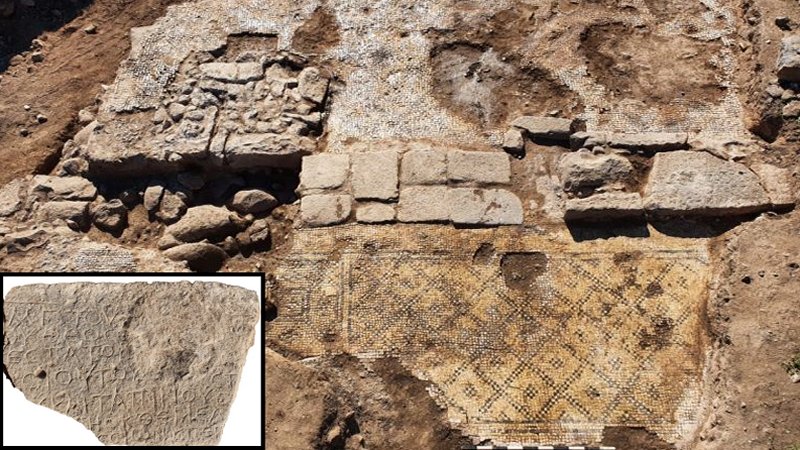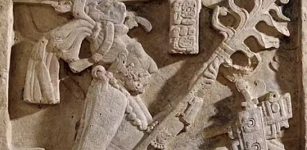Axum: Mysterious Megalithic Towering Obelisks In Ethiopia
MessageToEagle.com – The Kingdom of Aksum (Axum) also widely known as the Aksumite Empire, was an ancient civilization, which developed in one of the oldest continuously inhabited parts of the world – Ethiopia, to which ancient references can be found in the famous works of Homer and Herodotus.
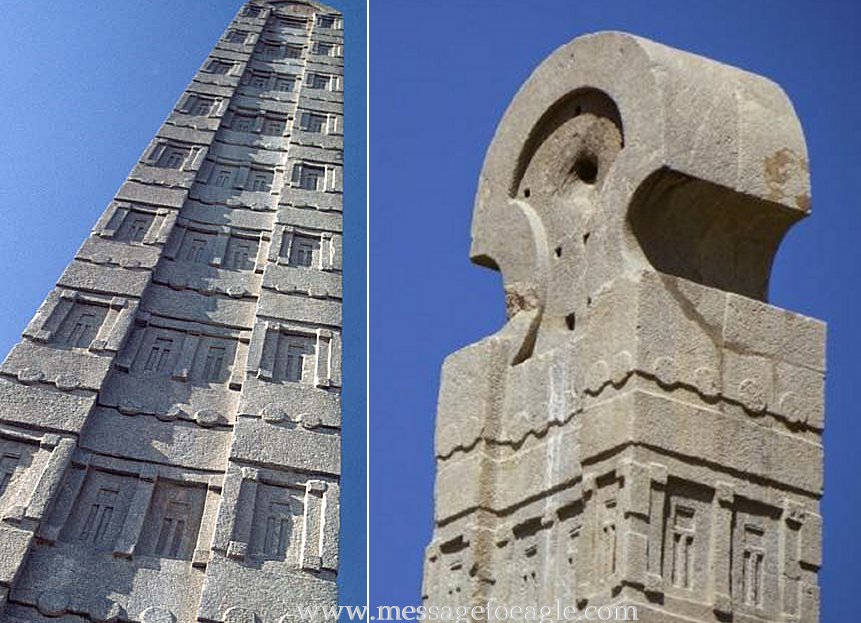
The Aksumite Empire, which existed from about 100 to 940 AD and it had its height about 1st century AD, was a place of commerce and participated in trade contacts between the Roman Empire and ancient India.
The Aksumites controlled the entire region south of the Levant.
The region they inhabited was rather remote and this particular location prevented them from conquest, in contrast to other civilizations in Mesopotamia and the Near East located at the crossroads of Asia, Europe and Africa and surrounded by several competing and often dangerous states.
The Aksumites developed a high level of craftsmanship and were the only African culture credited for minting coins, mining precious metals and production of unique artifacts and pottery.
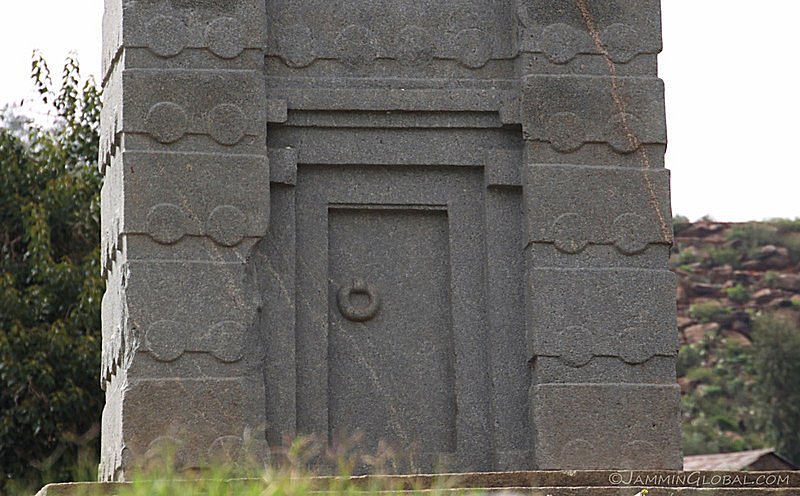
By the way, we must remember that they also created their own alphabet, too.
However, one of their most prominent achievements is the creation of magnificent and gigantic obelisks honoring the kingdom’s emperors. The main towering obelisk of Axum is believed to be 1,700-year-old.
It is made of granite and weighs 160 tones. Its ornamentation consists of two false doors at the base of the monument and a window-like decoration on the obelisk’s all sides.
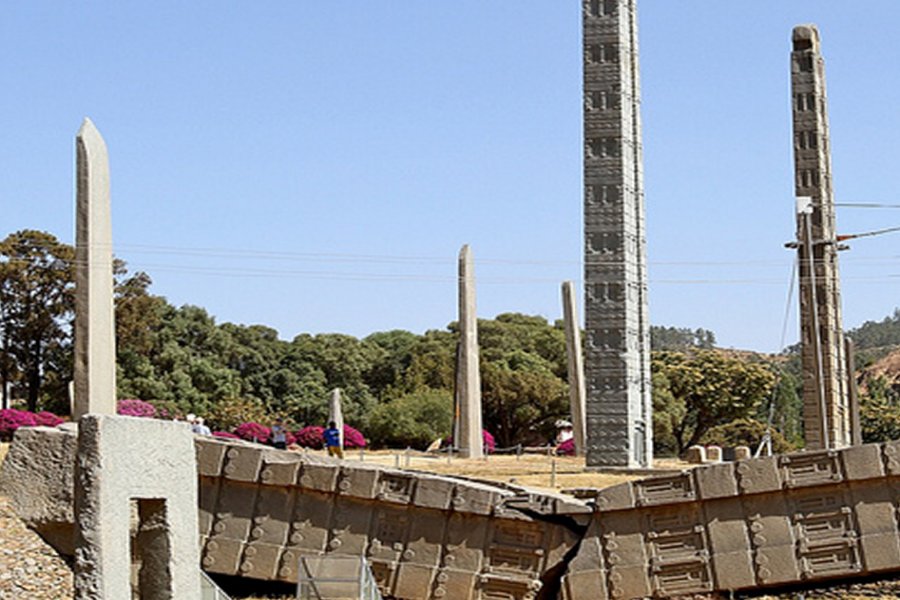
These gigantic structures – skillfully fastened beneath the ground – were meant to symbolize the prosperity of the great civilization that prospered for a millennium. They may have also been created for religious purposes in times before Christianity appeared in the region.
See also:
Unraveling The Mystery Of Ancient “False Doorways”
4,500-Year-Old Skeleton Unearthed In Ethiopia Reveals Vast Eurasian-African Migration
Rock-Hewn Ancient Churches Of Lalibela
Erection of such enormous and perfectly cut monuments must have been a difficult task for their builders. Could the Aksumites be credited for this impressive job as they are credited for mining metals, minting of coins and making of pottery?
Could the obelisks, at least some of them be much older and precede the existence of the Aksumite Empire?
Copyright © MessageToEagle.com All rights reserved. This material may not be published, broadcast, rewritten or redistributed in whole or part without the express written permission of MessageToEagle.com




